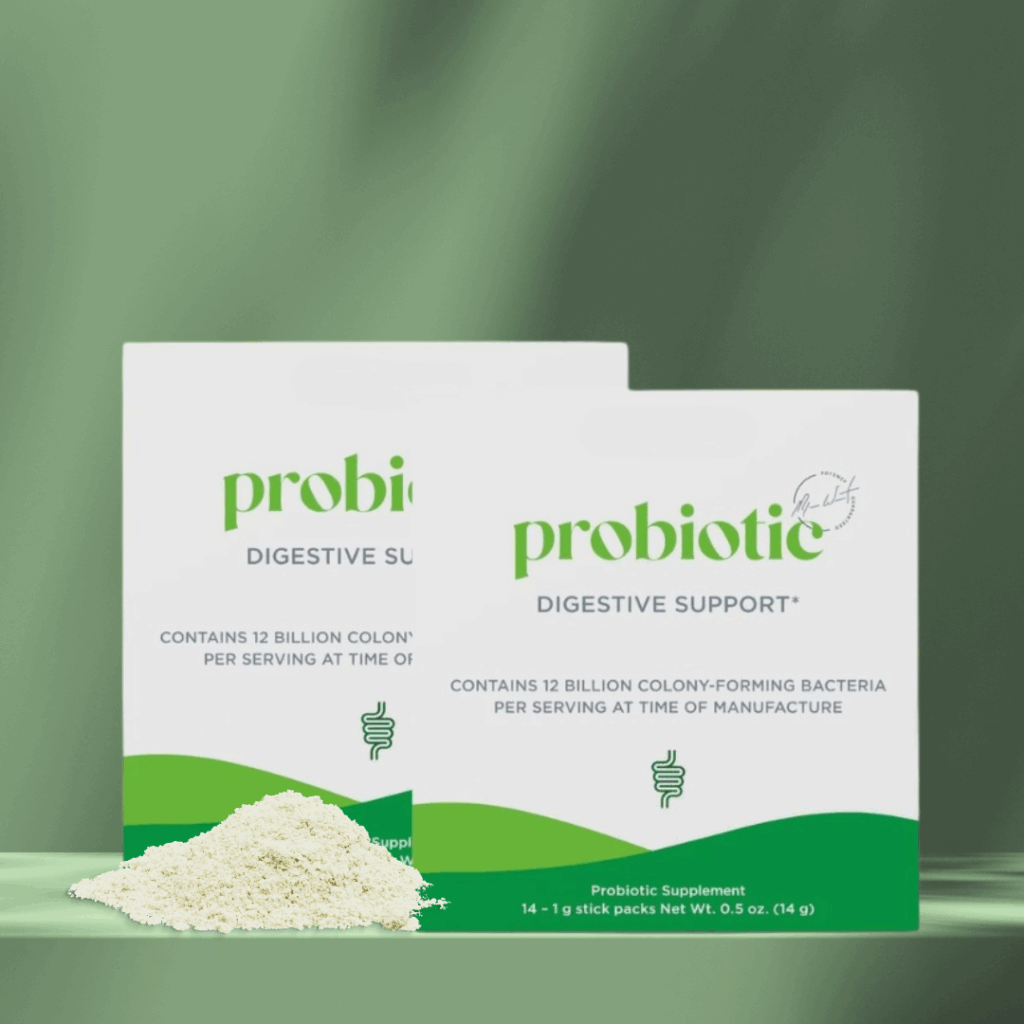Feeling unexpectedly gassy during perimenopause? You’re not the only one. As a menopause health coach, I help women decode the hormonal shifts behind digestive changes like bloating, gas, and gut discomfort. This blog breaks down why perimenopause makes you gassy, what’s really going on inside your body, and how to feel better, naturally.
If your jeans fit fine in the morning but by 3 p.m. you’re secretly unbuttoning them under the table, you’re in the right place. That post-lunch puffiness? It’s not just the food. It’s perimenopause.
What Does “Perimenopause Gassy” Really Mean?

When women search “perimenopause gassy,” they’re often describing a mix of symptoms:
- Frequent burping or flatulence
- A swollen, tight belly after meals
- Feeling full quickly or uncomfortable after eating
- A sense that digestion has slowed down or gone “off”
These symptoms aren’t just annoying. They can affect how you eat, move, sleep, and feel in your body. They’re more common than most women realize.
Why Perimenopause Triggers Digestive Drama
Hormones don’t just affect your cycle, they influence your gut, too. Here’s how:
- Estrogen and progesterone shifts can slow down digestion, leading to more fermentation in the gut (hello, gas).
- Lower stomach acid is more common in midlife, which means food isn’t broken down as efficiently.
- Stress and cortisol can disrupt the gut-brain connection, making your digestion more sensitive.
- Changes in gut bacteria during perimenopause can lead to more bloating and irregularity.
If you’ve been wondering why you feel gassy all the time, perimenopause may be the missing link.
Common Triggers That Make You Feel Gassy During Perimenopause
Some foods and habits that never use to bother you might suddenly feel like a gut bomb. Here are a few common culprits:
- Cruciferous veggies (like broccoli and cauliflower)
- Carbonated drinks
- Sugar alcohols (like xylitol or erythritol)
- Eating too quickly
- Skipping meals, then eating large portions
It’s not about cutting everything out. It’s about noticing patterns and supporting your digestion with a few smart shifts.
What You Can Do About It
Here are some gentle, effective ways to feel better:
- Chew slowly and eat without multitasking. Digestion starts in the mouth.
- Try a digestive enzyme before meals, especially with protein or fat.
- Walk after eating to help move gas through the system.
- Stay hydrated, but avoid chugging water during meals.
- Track your symptoms to spot patterns and identify triggers.
And most importantly, give yourself grace. Your body is adapting to a new hormonal rhythm. That doesn’t mean it’s broken, it’s just asking for support.

Gentle Support That Can Help 🌿
If you want extra digestive support, certain supplements can make a difference. Look for:
Digestive enzymes to help break down food more efficiently.
Probiotics to support a balanced gut microbiome.
Gentle fiber blends to keep things moving without adding bloat.
I’ve curated a shortlist of digestive support supplements I trust for midlife gut health. Each one is selected to help ease gas, bloating, and sluggish digestion during perimenopause and beyond.
You can explore them here.
FAQs
Why does gas seem worse at certain time of the month?
Hormonal fluctuations aren’t linear. Estrogen and progesterone rise and fall throughout your cycle, and that can affect digestion. Many women feel more gassy or bloated in the days leading up to their period or during ovulation.
Is it normal to wake up with a flat stomach and feel bloated by afternoon?
Very. This pattern is common in perimenopause. Digestion slows, gas builds up, and your body may retain more water throughout the day. It’s not about weight gain; it’s about how your gut is processing and responding.
Can perimenopause cause food sensitivities?
Yes. As estrogen levels shift, your gut lining and microbiome can become more reactive. Foods you’ve tolerated for years, like dairy, gluten, or certain vegetables, might suddenly trigger gas or bloating.
Are supplements helpful for perimenopause-related gas?
They can be. Digestive enzymes, probiotics, and fiber blends may support smoother digestion. I’ve curated a few options here that I trust for midlife gut support.
A Kinder Way to Support Your Gut

Feeling gassy during perimenopause is feedback. Your body is adjusting to new rhythms, and your gut is part of that story.
If this feels all too familiar, let’s talk. I offer a free clarity call to help you decode your symptoms, explore gentle solutions, and feel more at ease in your body.
I’m ready when you are. Book a time that feels right:
+ show Comments
- Hide Comments
add a comment